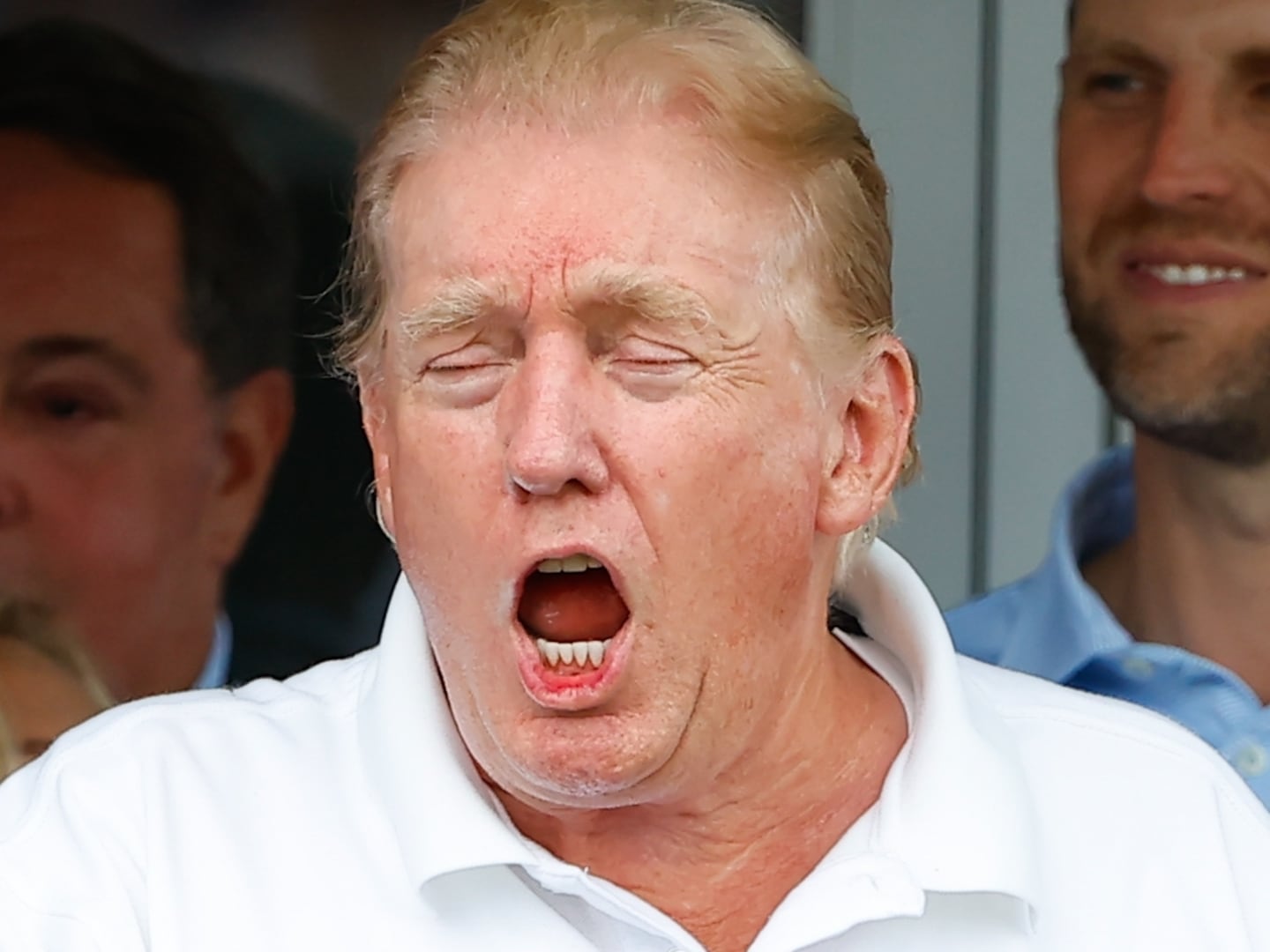The Star Wars franchise is famous for leaving its fans in suspense with iconic cliffhangers, but the fate of Star Wars: Episode IX wasn’t left in the air for long.
After Colin Trevorrow was removed from the film last week, J.J. Abrams was announced Tuesday as his replacement. He will direct the film and share co-writing duties with Chris Terrio. “With The Force Awakens, J.J. delivered everything we could have possibly hoped for, and I am so excited that he is coming back to close out this trilogy,” said Lucasfilm President Kathleen Kennedy in a statement.
For some fans, this is a welcome surprise. The Force Awakens was a successful re-entry to the franchise after a bumpy set of prequels, and it introduced audiences to the now-beloved characters of Rey, Finn, Poe Dameron, Kylo Ren, and BB-8 among others. It can still be said, however, that The Force Awakens played things a bit too safe by following the DNA of A New Hope a bit too closely.
It’s why the choice of Rian Johnson for this December’s The Last Jedi was such a welcome change for the franchise. Johnson’s filmography includes genre-busting films like Looper and Brick, and all signs point to him embracing the darkness you’d expect from the second film in a Star Wars trilogy (Empire, Clones) while also adding something fresh to the expanded universe. It’s why Rogue One, last year’s spinoff, was also well received—it was a fun departure from the usual Sturm und Drang of the light versus the dark side of the Force.
But the decision to bring Abrams back to the franchise seems indicative of Kennedy trying to patch up wounds with familiar bandages. Take the Han Solo spinoff disaster, for example. An acting coach was brought in for lead actor Alden Ehrenreich mid-production and directors Chris Miller and Phil Lord were removed from the project. Ron Howard was brought in to finish directing the film, which didn’t exactly generate fan fervor on social media. Howard is certainly a fine director. But aside from 2013’s Rush, he’s made a string of disastrous films (the entire Da Vinci Code franchise, The Dilemma) and a bunch of serviceable—yet boring—studio films since the outstanding Apollo 13.
Who cares though? Howard can direct and he can do it well, so who cares if it will offer anything particularly new and innovative? Abrams is of the same ilk. As a creator, his mind is brilliant. Alias and Lost are two of the greatest pieces of television in the medium’s history. But as a director, there’s nothing particularly memorable about his Star Trek films (Justin Lin’s Star Trek Beyond was a vast improvement), Mission: Impossible III is the least impressive in the franchise, and Super 8 was a perfectly fine pastiche of much better films from the ‘80s (like a certain clown film currently in theaters, but I digress).
When it comes down to it, it’s playing things entirely too safe to have Abrams return to the franchise—but if we’re being honest, it’s what the franchise needs. Abrams told Variety in 2016: “One of the many wonderful byproducts of the universe that George created is that nearly anything can happen within it. There are other stories that we can tell in that same transportive and transcendent spirit. Going forward, you’re going to see movies that shift tonally, some that are grittier and tougher, and some more comedic in nature.” But everything we’ve seen thus far from Kennedy shows that the franchise isn’t willing to stray too far from what it does best.
It also has films scheduled years in advance like Marvel and DC’s superhero flicks, and switching things around too much can cause even more disarray than the mess Lucasfilm has been in all year. Trevorrow, Miller, Lord, and Josh Trank are all directors who’ve been removed from films. Howard had to be brought in to keep Han Solo from going off the rails. It’s apparent that Lucasfilm’s PR has been working overtime all year and what’s best for the franchise is to make sure that it wraps up this new trilogy and gets Han Solo out before it delves into any other spinoffs that could stray from the storytelling that audiences are familiar with.

The original cast and crew of the 'Han Solo' spinoff film.
LucasfilmKennedy is a cautious woman for sure. When speaking about hiring female directors, for instance, she told Variety: “We want to make sure that when we bring a female director in to do ‘Star Wars,’ they’re set up for success. They’re gigantic films, and you can’t come into them with essentially no experience. We want to really start to focus in on people we would love to work with and see what kinds of things they’re doing to progress up that ladder now, and then pull them in when the time is right.” If you read between the lines, it’s almost as if Kennedy is speaking about herself. Personally selected by George Lucas to head Lucasfilm in 2012, she has producing credits that include Jurassic Park, E.T. The Extra Terrestrial, Indiana Jones and the Kingdom of the Crystal Skull, The Sixth Sense, the Back to the Future trilogy, Who Framed Roger Rabbit, Gremlins, The Goonies, Poltergeist, War of the Worlds, Twister, and A.I. Artificial Intelligence.
But in 2017, in a world of slumping box office hauls and juggernauts like Marvel and DC duking it out and filling the box office with comic book film after comic book film (Wonder Woman 2 is currently scheduled for release December 13, 2019, one week before Episode IX is slated to debut), there’s little room for error. Extensive reshoots to Rogue One and the quick insertions of Howard and Abrams have shown that Kennedy wants to get things just right. So while Abrams as the director of Episode IX might be playing things safe, it’s Star Wars’ best bet for now.
Once the film wraps, however, maybe we’ll finally get to see those limitless possibilities Abrams mentioned.






